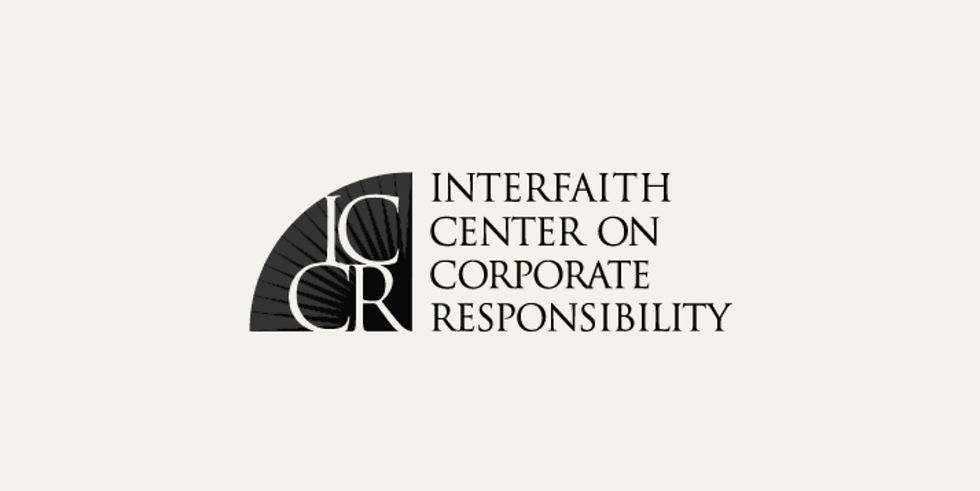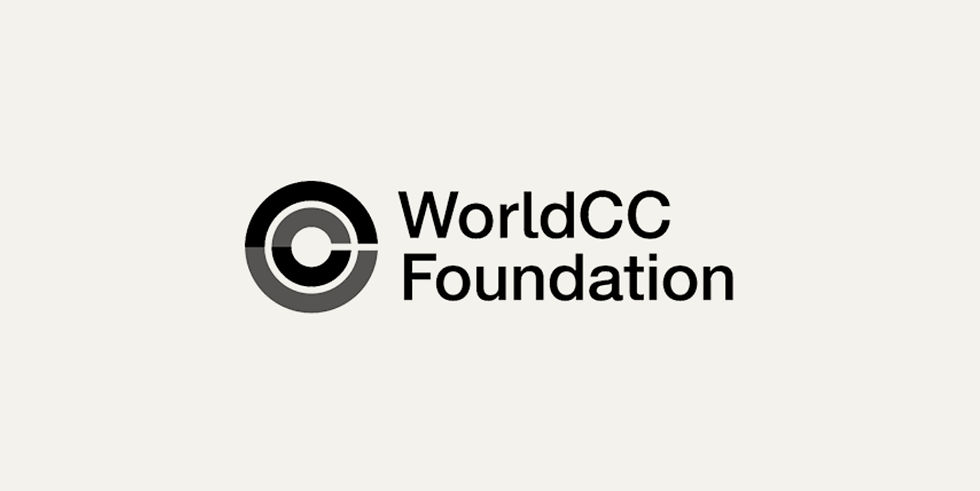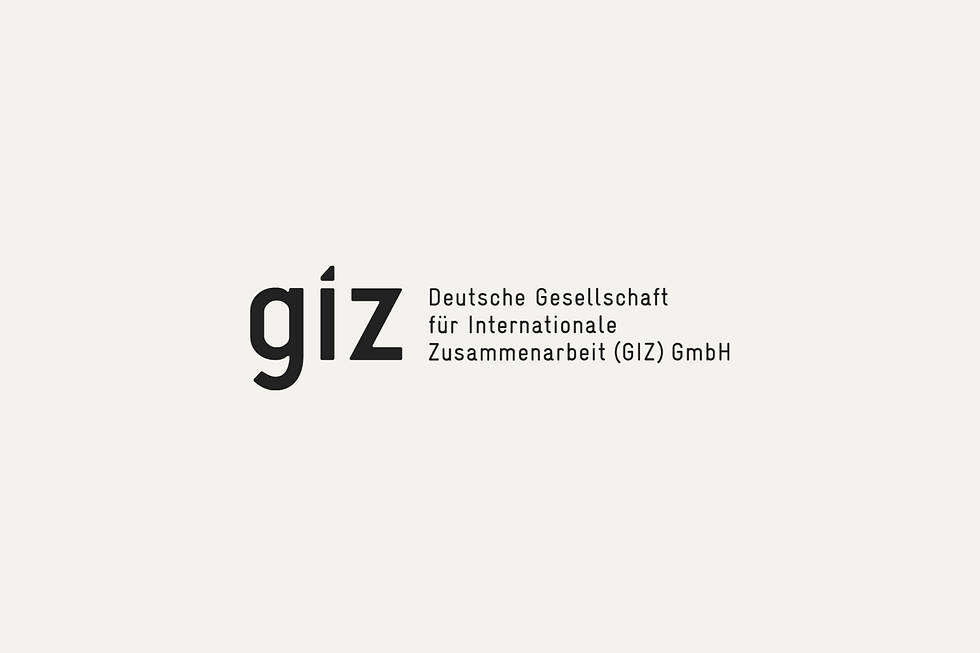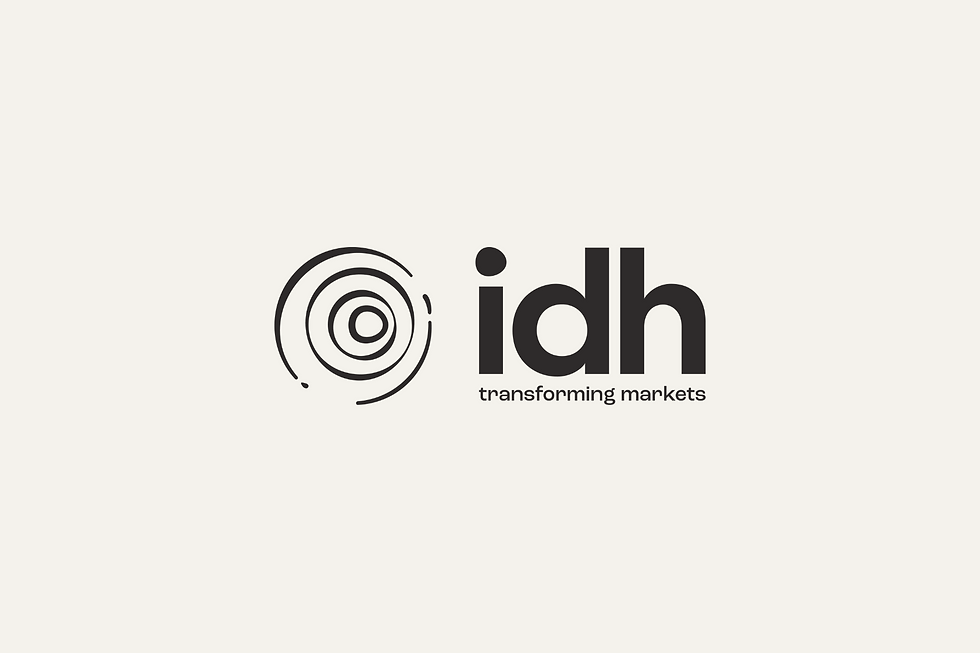
The European Model Clauses (EMCs)
The European Model Clauses (EMCs) are a set of model clauses designed to align with the EU Corporate Sustainability Due Diligence Directive (CSDDD), which entered into force in July 2024. The EMCs are being developed by the Responsible and Sustainable Supply Chains Working Group and are expected to be finalized in Q4 of 2025.
The EMCs aim to assist companies in meeting the requirements set out in the EU Corporate Sustainability Due Diligence Directive (CSDDD) and other international human rights and environmental due diligence (HREDD) standards, such as the United Nations Guiding Principles on Business and Human Rights (UNGPs), the OECD Guidelines for Multinational Enterprises on Responsible Business Conduct, and the OECD Due Diligence Guidance for Responsible Business Conduct.
Designed to promote effective collaboration on HREDD, the EMCs set out obligations for the parties to work together to identify, prevent, address, and remedy adverse impacts. They include clauses that can support companies’ HREDD processes, including on information sharing, complaints procedures, stakeholder engagement, human rights remediation, responsible purchasing practices, and responsible exit.
The European Working Group is composed primarily of European legal experts from practice and academia. The first version, EMCs 1.0, is expected to be published in Q4 of 2025, following an extensive consultation process coordinated by RCP with generous support from the GIZ Initiative for Global Solidarity (IGS).
The EU CSDDD and Contracts
The CSDDD identifies contracts as important preventive and corrective measures that must be appropriate and effective for addressing adverse HRE impacts. The recitals of the CSDDD further specify that contracts must not be used simply to transfer due diligence obligations to business partners, such as suppliers.* Thus, the CSDDD requirements with respect to contracts are very much in sync with the core principles of Responsible Contracting.
While the EMCs were not developed at the EU Commission's request, they will hopefully serve as a key reference point for the European Commission as it prepares the guidance on model contractual clauses contemplated under Article 18 of the CSDDD. The Commission’s guidance and the EMCs are distinct instruments that are being developed independently, but the European Working Group is cooperating with the Commission to ensure alignment.
The EMCs seek to improve the effectiveness of contracts as tools for HREDD by moving away from a risk-shifting, one-sided, perfect compliance model of contracting toward a shared-responsibility model where the parties cooperate, on an ongoing basis, to prevent and, when needed, remedy adverse human rights and environmental (HRE) impacts.
*Article 18 on Model Contractual Clauses and the accompanying Recital 66 contemplate clarify that the forthcoming European Commission guidance on contracts "should aim to facilitate a clear allocation of tasks between contracting parties and ongoing cooperation, in a way that avoids the transfer of the obligations provided for in this Directive to a business partner and automatically rendering the contract void in case of a breach. The guidance should reflect the principle that the mere use of contractual assurances cannot, on its own, satisfy the due diligence standards provided for in this Directive."
For more information:
For background information on the EMCs, you may refer to this video and accompanying slides.
For analysis of the content of mandatory due diligence laws with respect to contracts, see:
-
RCP Policy Brief: What the EU CSDDD Says About Contracts (July 2024)
-
ABA Book: "Complying with Mandatory Human Rights Due Diligence Legislation through Shared-Responsibility Contracting: The Example of Germany’s Supply Chain Act (LkSG)," Ch. 14 (2023).
April 15, 2026 — RCP is participating in “Contracts that Create Sustainable Outcomes: Advancing Responsible & Inclusive Contracting," a webinar organized by the WorldCC Foundation that explores how contracts can drive meaningful environmental, social, and human rights outcomes across supply chains. The discussion is moderated by Nikki Mackay of the WorldCC Foundation, and features RCP Director Sarah Dadush; Anne Ketola of Tampere University and the Jargonfree Project; and Becky Annison of The Chancery Lane Project.




_edited.png)










